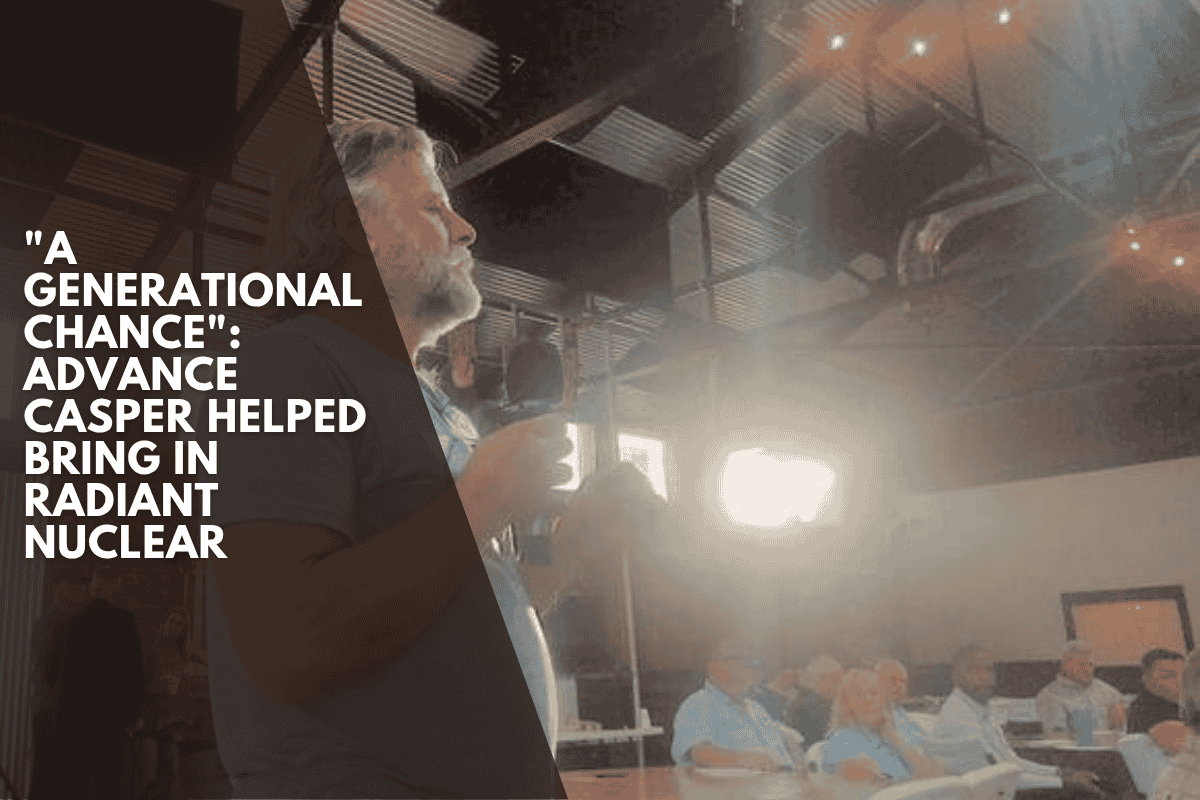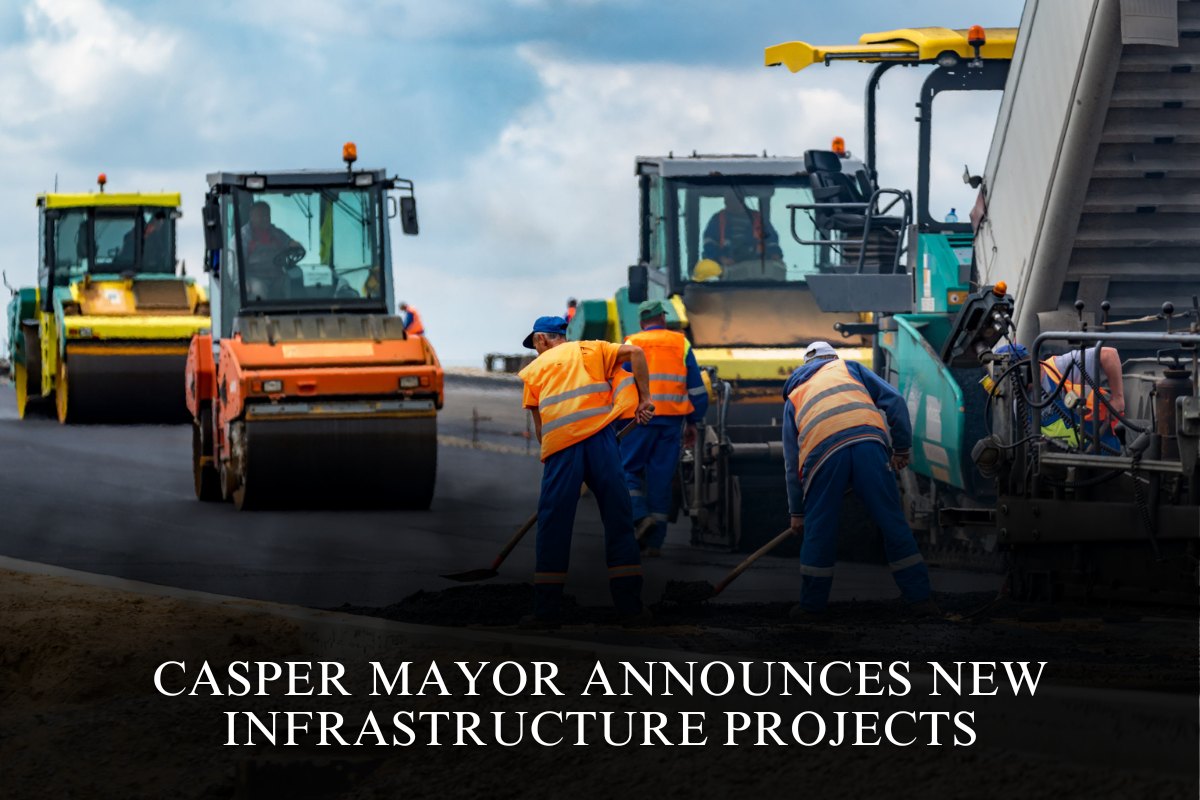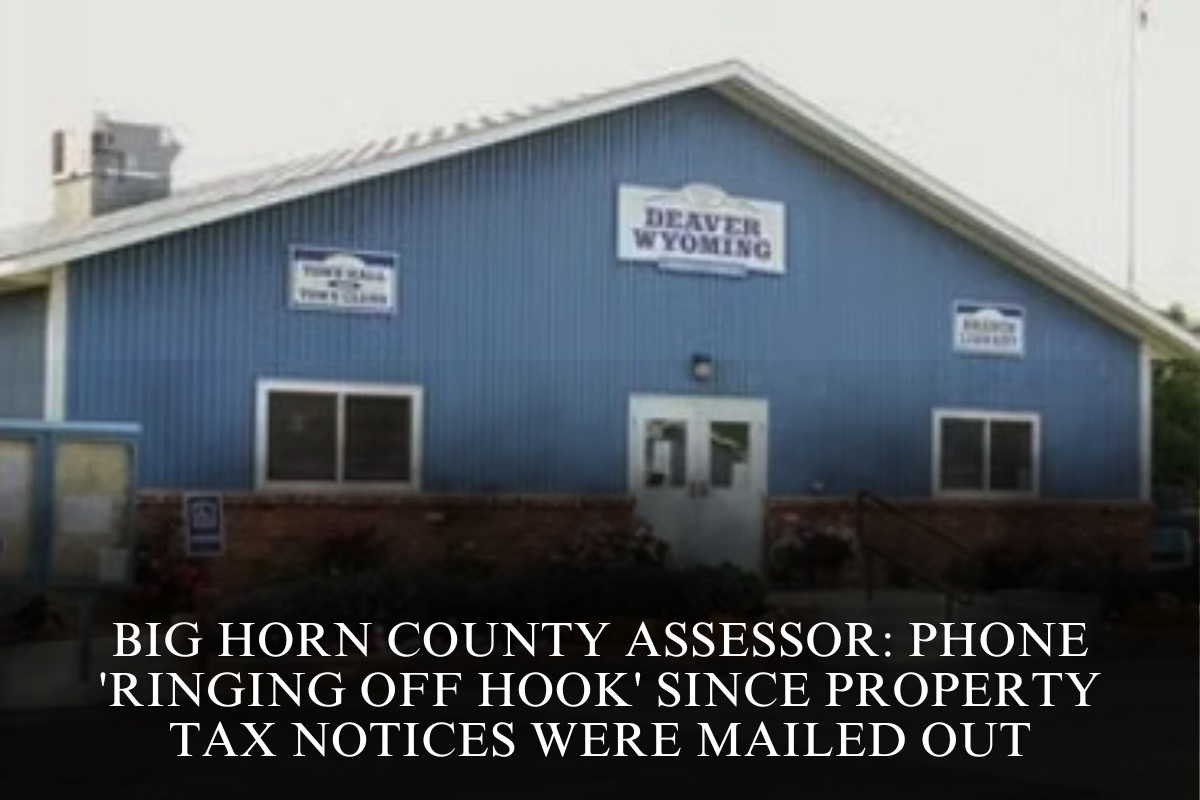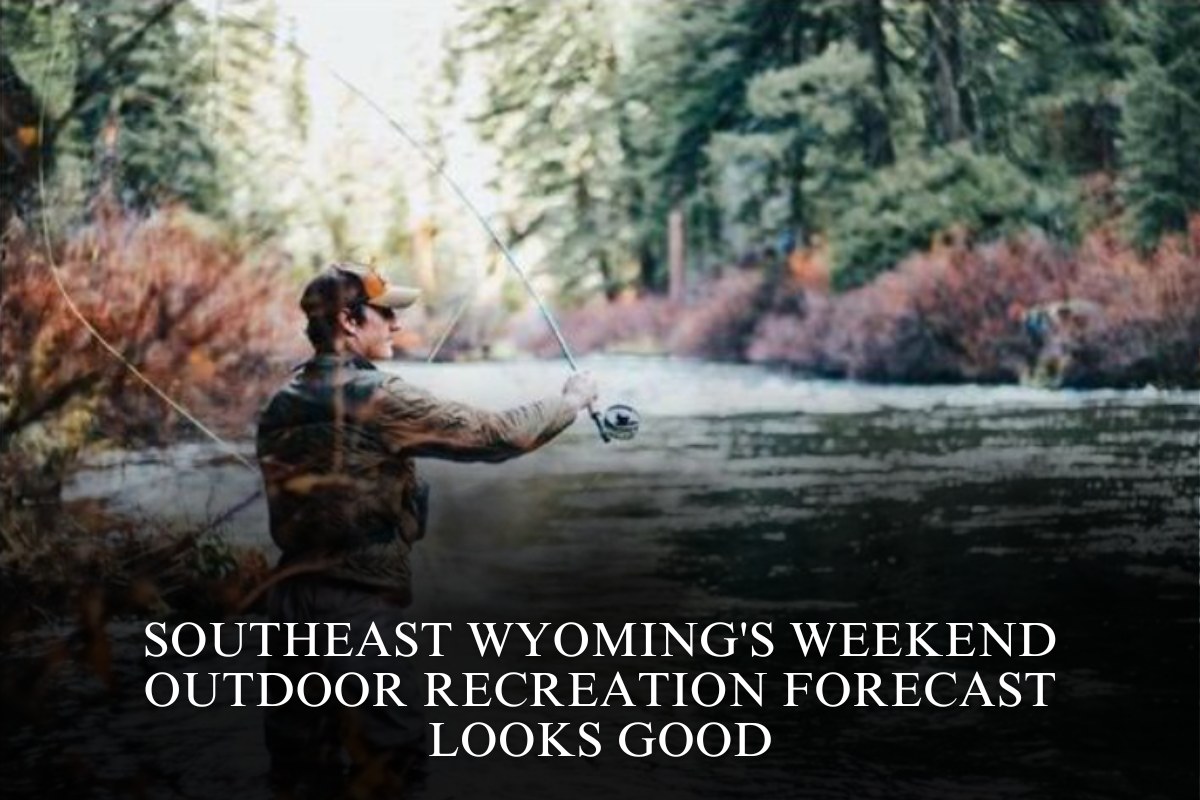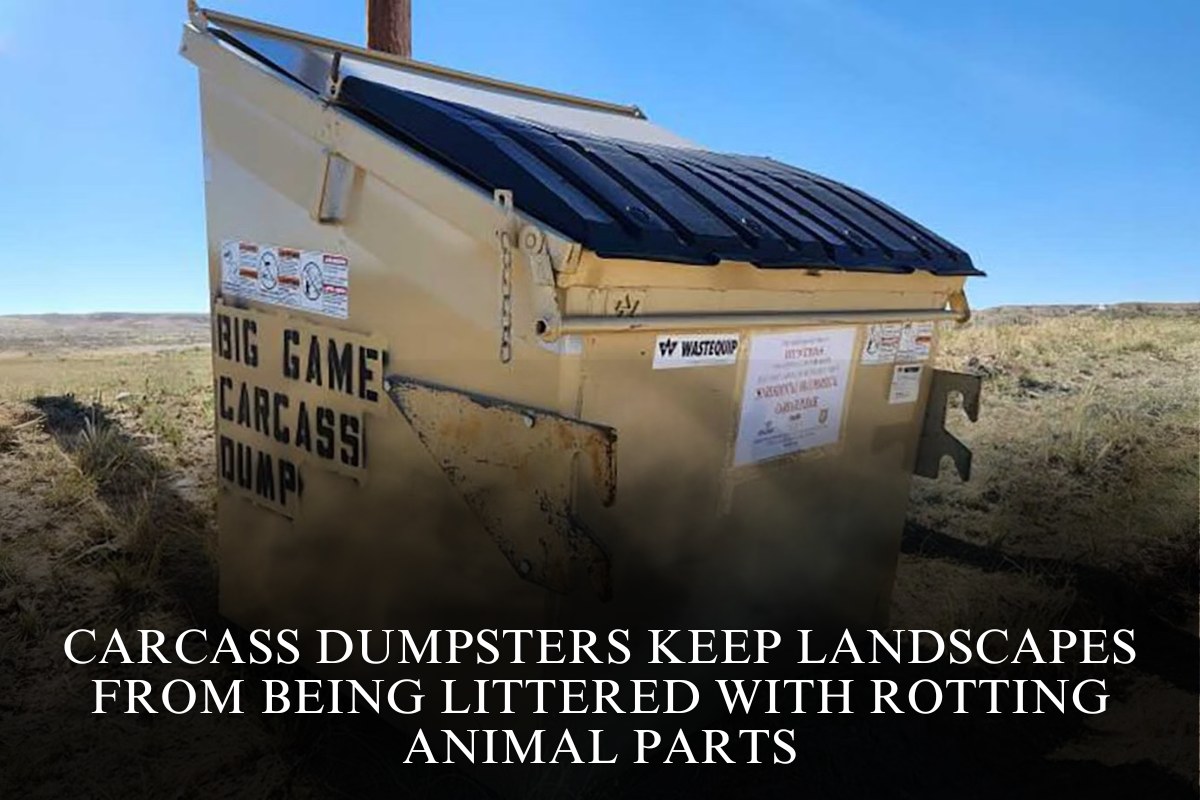CASPER — Justin Farley, the head of Advance Casper, is one of several groups working to bring Radiant Nuclear to Natrona County. The question is, how significant a role did Advance Casper play in the overall equation?
“We didn’t choose them,” Farley stated. “They chose us — well, our area — to locate, after considering 14 other states. They are also looking at other communities in Wyoming, including Gillette and Cheyenne. And then we kind of, you know, interrupted that conversation to ask them to think about Casper.”
Radiant Nuclear officials declined to say what other locations were considered besides Bar Nunn and Gillette.
Farley stated that Advance Casper gave Radiant Nuclear representatives a tour of Casper College and Pathways Innovation Center, as well as Pepper Tank, Mesa Solutions, and High Tow manufacturing facilities, noting that the tours were critical in demonstrating that Natrona County had a skilled manufacturing workforce, businesses, and an education program to support Radiant’s facilities.
Advance Casper was established in the 1980s as the Casper Area Economic Development Alliance. After receiving some property near the backside of Eastridge Mall, CAEDA built a building on the lot and leased it to Boise Cascade to operate a call center.
More recently, Advance Casper assisted in the establishment of the McMurry Training Center and provided loans to Casper-area businesses seeking to expand.
“We compete with all those other states to try and lure business or attract business here,” Farley told the audience.
Advance Casper describes itself as a “public-private organization,” but it includes a private membership component called Forward Casper.
Forward Casper members can either be elected or become Investment Level members in order to serve on the Advance Casper board. To be eligible for a board seat, investment members or their businesses must donate $10,000 to Advance Casper, according to the Advance Casper website.
Advance Casper applied for a loan from the Business Council on Radiant’s behalf.
If approved, the loan would provide $25 million to expand infrastructure, such as water lines from Bar Nunn to Radiant’s facility.
According to Radiant, this decision is made by the Economic Development Joint Powers Board, which contracts with Advance Casper.
Farley believes that Radiant’s decision to come to Natrona County will benefit the local economy.
“Anytime you put nuclear in front of any title, there’s a significant pay raise or pay increase, I would say, and it’s essentially advanced manufacturing,” Farley told the audience.
Residents at the Radiant town hall meeting expressed support for more manufacturing jobs, but many remained concerned about nuclear waste being stored so close to town.
Farley expressed confidence in Radiant’s technology following a Department of Energy presentation to the Bar Nunn town council.
Radiant is still deciding what type of dry cask storage container to use for nuclear waste storage, he said.
“I would also just challenge everybody to look at the risk profile of this community,” Farley told the audience. “We have a refinery, thousands of barrels of oil stored in mills at any given time, and pipelines. We have undisclosed nuclear warheads located nearby. So the question is, “What kind of risk are we really talking about?”
Some Bar Nunn residents are still not convinced.
Radiant’s town hall left attendees with a lot of questions, which caused confusion and frustration about the project.
“Rightfully so, you should be concerned and curious about what you’re signing up for, but you must also be willing to hear and accept that information, right? “Or not,” Farley replied.
Farley personally supports the Radiant project.
He is a firm believer that diversifying the energy sector is an excellent way to capitalize on Wyoming’s abundant natural resources and potentially diversify its economy. Farley also hopes it will reduce Wyoming’s “brain drain,” or the phenomenon of people who grew up in the state leaving to pursue careers elsewhere.
Wyoming also faces challenges in attracting more people because many jobs requiring higher education are less common in the state than elsewhere. Farley believes that the potential jobs created by Radiant could help to alleviate these issues.
“I see it as a generational opportunity,” Farley explained. “I would like to have my son and my son’s children have an opportunity to work in that industry.” “And I think it’s the future.”
